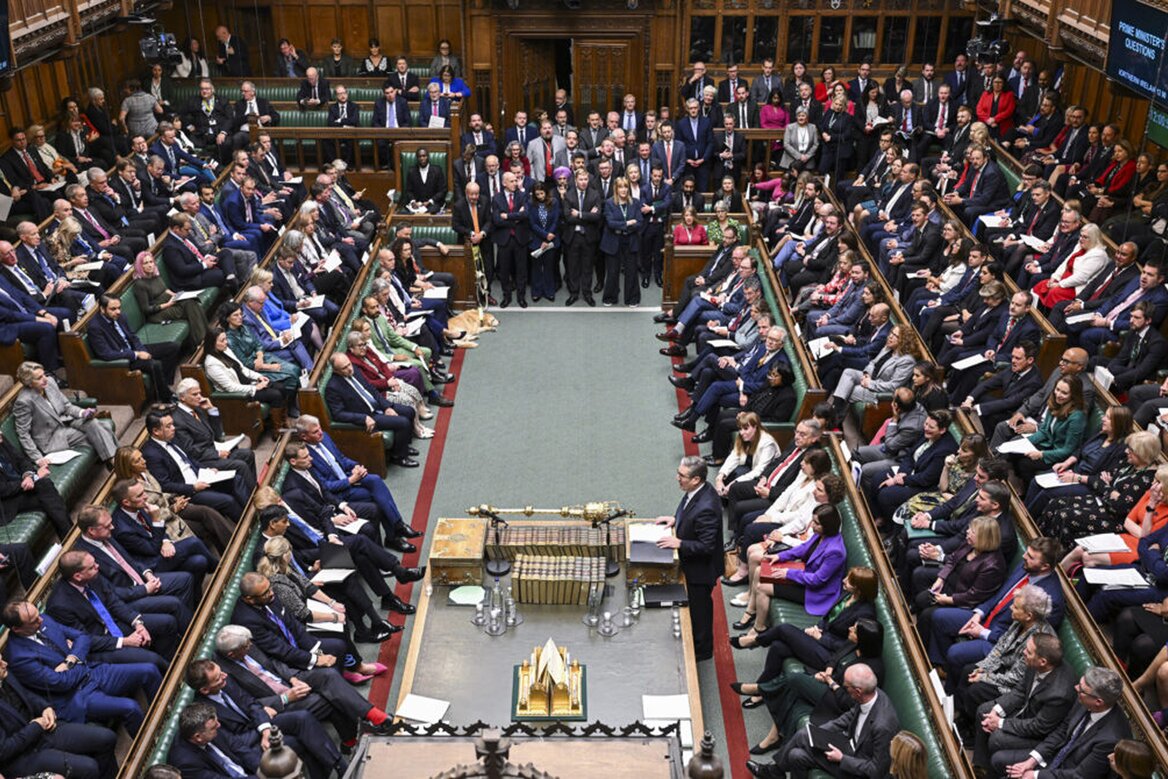The Labour government is under increasing pressure to explain how it will balance the books after its recent U-turn on welfare reform left a significant gap in its fiscal plans. The reversal, which protects current recipients of Personal Independence Payments (PIP) from proposed changes, has reduced forecast savings by an estimated £2.5 to £3 billion annually.
While Labour maintains that the decision reflects its commitment to compassion and social fairness, opposition leaders are raising alarms over how the lost savings will be recovered. Though the Treasury has not announced any new tax policies, senior officials have acknowledged that the U-turn will have "financial consequences."
U-turn on PIP Reform Reduces Projected Savings
Labour's original plan, announced in early 2025, aimed to reform PIP and reduce welfare spending by over £5 billion by 2029/30. However, after internal and external backlash, the government confirmed that existing claimants would not be affected by the changes. This shift has effectively halved the potential savings.
Chief Secretary to the Treasury, Pat McFadden, confirmed in interviews that the decision would come at a cost: "There will be financial consequences, but our values demand that we protect the most vulnerable."

Opposition Questions Fiscal Responsibility
Conservative MPs have criticised the government's fiscal planning and warned that the funding gap may ultimately be closed through tax increases. While no specific tax proposals have been tabled, the opposition is demanding clarity.
"It’s not enough to be morally right if you’re fiscally irresponsible," one Conservative MP said during Thursday's Commons session. "We need to understand how Labour plans to make up the shortfall."
Treasury: 'All Options Are Being Reviewed'
Treasury officials have declined to rule out tax changes, instead stating that all options remain on the table. With key public service investments still planned and the Autumn Statement approaching, speculation is growing about potential revenue-raising measures.
Insiders suggest that the government could look at closing tax relief loopholes or revisiting capital gains tax thresholds, though such changes would be politically sensitive.
No Clear Indication of Immediate Tax Hikes
Despite opposition rhetoric, there is no concrete evidence that tax rises are imminent. However, economists from leading institutions note that a combination of increased borrowing or targeted tax adjustments could be needed to maintain Labour's fiscal credibility.
"If Labour wants to retain market confidence, it must be upfront about how it will balance the books," said one senior UK economist.
Conclusion
Labour’s decision to reverse its PIP reform plan has reignited debate about the future of UK tax policy. With an estimated £2.5-£3bn drop in planned savings, the government now faces pressure from opposition MPs and economic analysts to clarify how it intends to close the gap.
While tax rises are not confirmed, the government’s refusal to rule them out has only fuelled speculation. As the Autumn Statement looms, all eyes will be on Labour’s next move.











